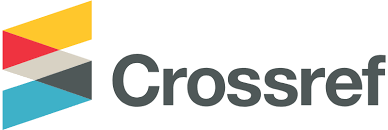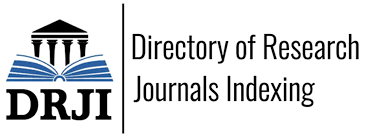Drifting away from religion? A perspective from German teacher education
DOI:
https://doi.org/10.18326/ijoresh.v1i2.123-145Keywords:
Secularity, Spiritual-religious plurality, Prospective teachers of religion, Spiritual-religious identity, Spirituality moduleAbstract
Due to the dynamic situations in Germany and other Western European countries, the break with religious traditions has been already completely achieved and a far-reaching spiritual-religious plurality has been formed. Against this backdrop of a multitude, in part contradictory, spiritual signs of the times, even prospective teachers of religion can no longer assume an already established and reflected spiritual-religious identity. The following article indeed will deeply explore and interpret personal and professional experiences through self-reflection and writing and relate these, for example, to religious, cultural, and social implications. In addition, it will reflect more closely the field of tension between pluralistic-secular life-world and (Christian)-religious traditions in which prospective teachers of religion find themselves and present a time-sensitive and addressee-oriented spirituality module supporting them in establishing their own spiritual-religious identity. It is hoped that this sustainable and communicable model serves to enable teachers of religion to communicate about it (with pupils) and to meet others’ religious identities in an open and empathetic way.
Downloads
Published
How to Cite
Issue
Section
License
Copyright
Authors who publish with Indonesian Journal of Religion, Spirituality, and Humanity agree to the following terms:
- Authors retain copyright and grant the journal right of first publication with the work simultaneously licensed under a Creative Commons Attribution License (CC BY-SA 4.0)that allows others to share the work with an acknowledgement of the work's authorship and initial publication in this journal.
- Authors have the right to enter into separate, additional contractual arrangements for the non-exclusive distribution of the journal's published version of the work (e.g., post it to an institutional repository or publish it in a book), with an acknowledgment of its initial publication in this journal.
- Authors are permitted and encouraged to post their work online (e.g., in institutional repositories or on their website) prior to and during the submission process, as it can lead to productive exchanges, as well as earlier and greater citation of published work.
Licensing
This work is licensed under a Creative Commons Attribution-ShareAlike 4.0 International License.









